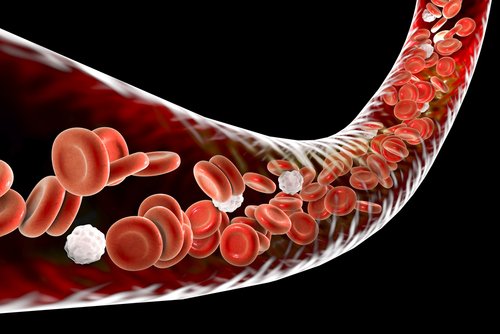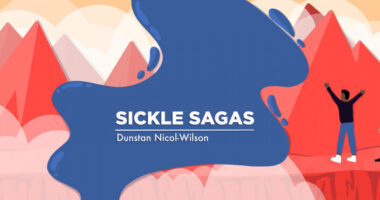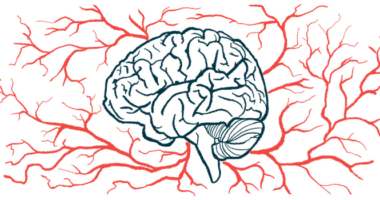Researchers Report Great Success in Stemming Graft-Versus-Host Disease in SCD Patients

Researchers found that a new conditioning regimen for adult sickle cell disease (SCD) patients undergoing allogeneic peripheral blood stem cell transplantation (allo-PSCT) shows remarkable success in preventing the immune system from reacting against the treatment, a condition known as graft-versus-host disease.
The study detailing that finding, “Allogenic peripheral stem cell transplantation from HLA-matched related donors for adult sickle cell disease: remarkable outcomes from a single-center trial,” was published in the journal Bone Marrow Transplantation.
Gene therapy is a potential treatment for SCD. However, it is still an experimental approach. This makes allogeneic hematopoietic stem cell transplantation (Allo-HSCT) the only available curative treatment for SCD.
Allo-HSCT is conducted using bone marrow and umbilical cord blood from a genetically matched donor. However, allo-HSCT is very difficult in adult patients because there is a higher risk of organ damage and other complications.
In fact, adult SCD patients are at a high risk for stem cell transplant complications, including drug toxicity, graft-versus-host disease (GVHD), and graft rejection due to prior tissue damage, and inflammation. Additionally, the availability of matched stem cell donors is very low, which significantly limits the transplant options in adult patients.
In order to reduce the chances of rejection, a conditioning regimen is administered to patients before a transplant. This can include drugs, or chemotherapy, and/or radiation. The main goal of the conditioning regimen is to suppress the immune system to the point where the patient will not reject the transplant.
Turkish researchers report using fludarabine (Flu), busulfan (Bu), and anti-T-cell lymphocyte globulin (ATG)-based conditioning regimen in combination with very low dose total body irradiation (TBI). They followed that with post-transplant cyclophosphamide (Cy) and sirolimus as GVHD prophylaxis in patients with SCD who underwent allo-PSCT. Flu, Bu and Cy are common chemotherapies and sirolimus is an immunosuppressant.
Researchers conducted a single-center, retrospective study of 20 patients who underwent allo-PSCT from HLA-matched related donors with a conditioning regimen of Flu 150/Bu 3.2/Cy 29/ATG 30 (Fresenius)/TBI 200.
Results showed that all patients experienced a sustained donor cell engraftment. Furthermore, full donor chimerism, which is the goal of stem cell transplant, occurred within 180 days in all patients.
There were no cases of non-relapse mortality or graft rejection. In fact, successful treatment was achieved without the presence of graft loss, grade 3-4 acute GVHD, extensive chronic GVHD, or any other major complications.
The authors concluded: “Allo-PSCT in combination with Flu 150/Bu 3.2/Cy 29/ATG 30(Fresenius)/TBI 200- Cy/Sirolimus therapy yielded encouraging outcomes with no mortality and low incidence of GVHD.”
However, they added, “Further controlled studies will be necessary to compare transplant protocols and long-term outcomes.”






